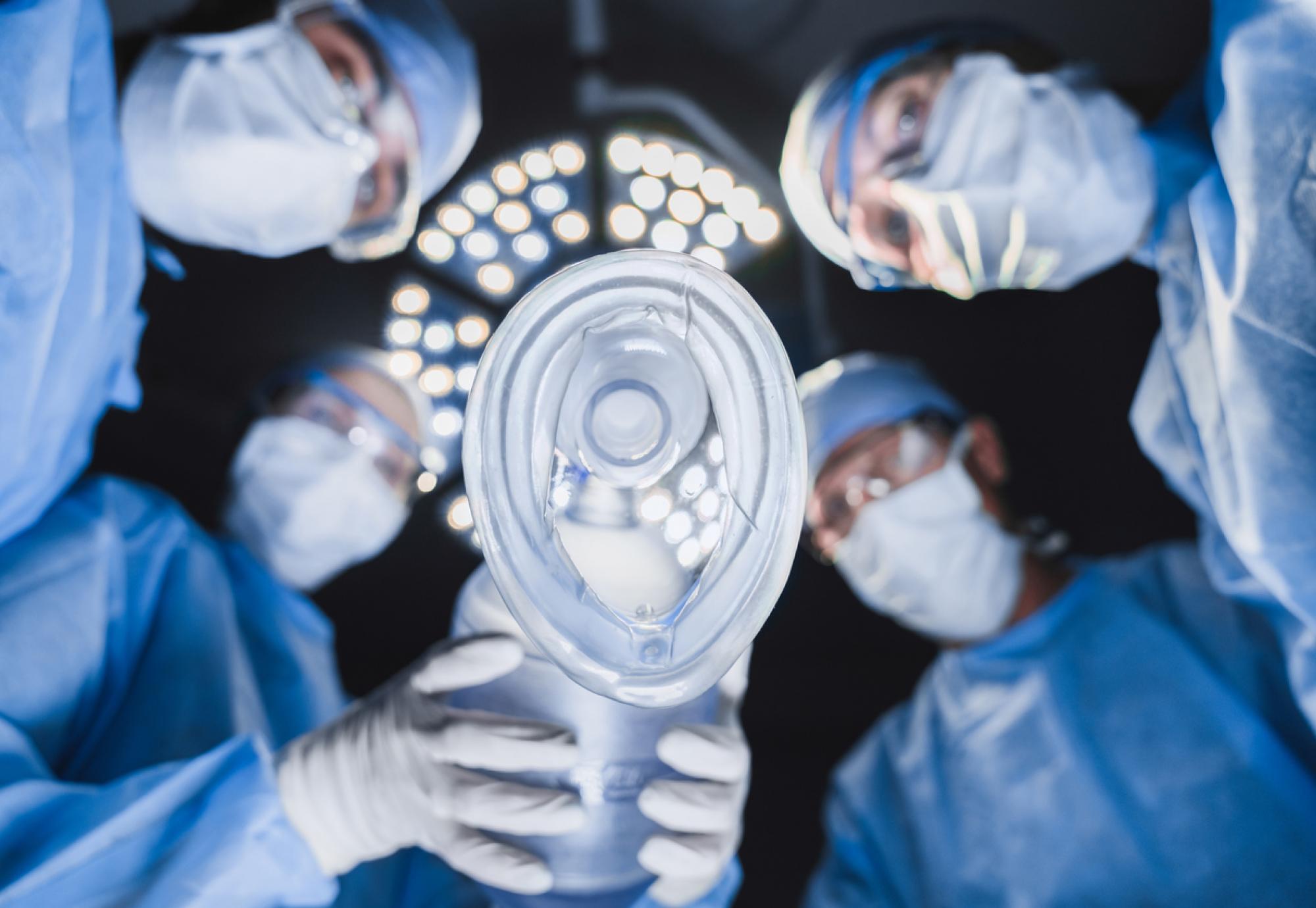In a bid to make the health service more environmentally friendly, the NHS in Scotland has banned the use of an anaesthetic that has a global warming potential 2,500 times greater than that of carbon dioxide.
Desflurane is used during surgery and withdrawing it from theatres saves emissions that would normally be associated with powering 1,700 homes every single year, the Scottish Government says.
The removal of desflurane was spearheaded by clinicians from the National Green Theatres Programme, which is set to be formally launched this spring – hosted by NHS Golden Jubilee, the programme looks to identify areas where operating theatres can accelerate the health service’s net zero journey under NHS Scotland’s Climate Emergency and Sustainability plan.
The National Green Theatres Programme’s Clinical Lead, Kenneth Barker, said: “Theatres are high carbon and energy intensive areas that produce high volumes of waste, so reducing the environmental impact of theatres will make a positive difference toward achieving Scotland's net zero targets.
“NHS Scotland has assigned an ambitious target to be net-zero for anaesthetic gases by 2027, and removal of Desflurane is just the first step towards this. We are delighted to work with clinical teams across Scotland and specialists in National Procurement to make this happen before the green theatres programme fully gets under way.
“Our patients always comes first but it’s great that we are now making clinically safe patient care decisions with sustainability in mind.”
Desflurane’s removal represents the programme’s first act and makes the Scottish NHS the first health service in the UK to ban the use of an anaesthetic that has a high global warming potential.
Scottish Cabinet Secretary for Health and Social Care, Humza Yousaf, added: “I am immensely proud that we have become the first nation in the UK to stop using environmentally harmful anaesthetics in our NHS. Programmes like this are key to our transition to become a net-zero health service, whilst ensuring patient safety remains at the heart of every clinical decision.”



















